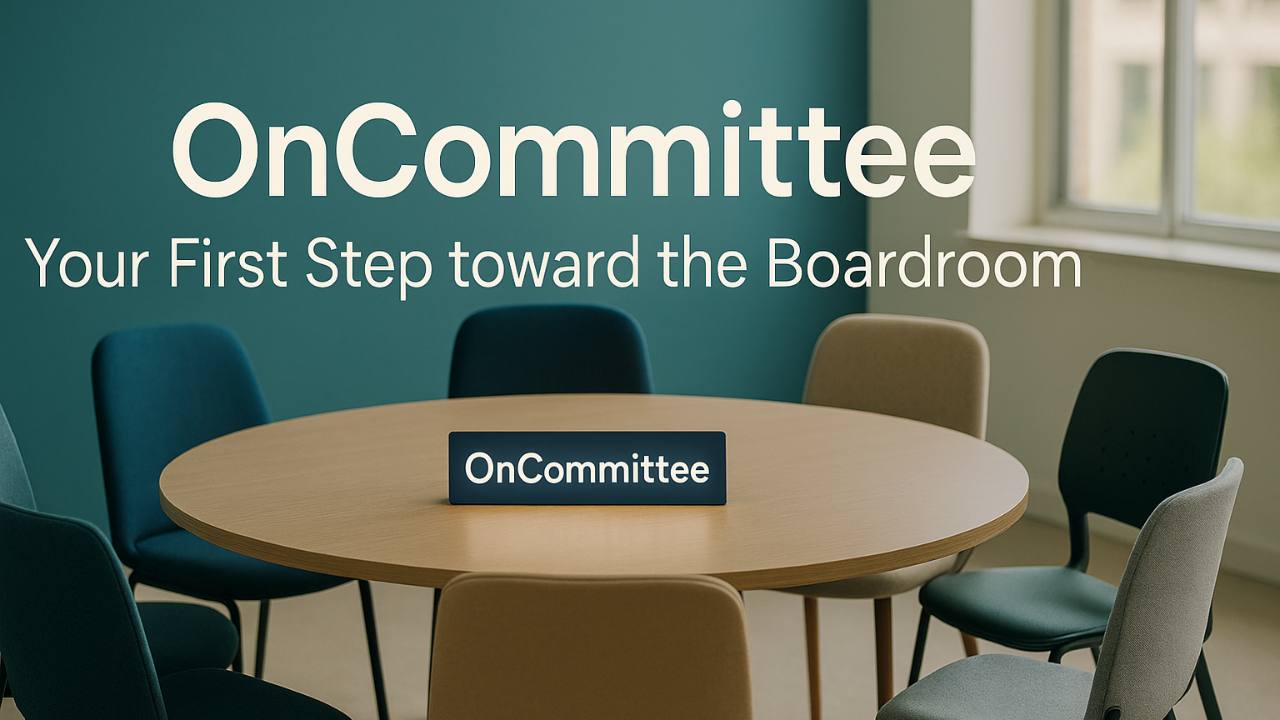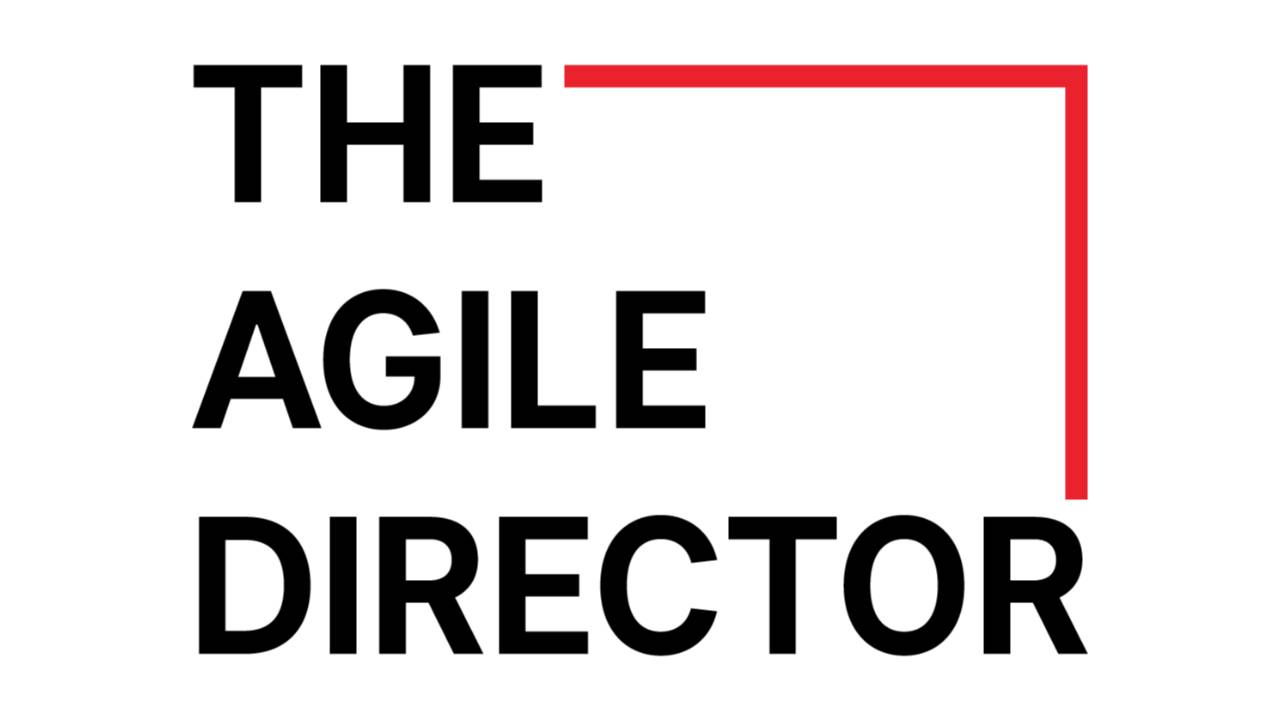Categories
advisory board aspiring director authentic leadership blueprint board leadership board readiness board reflection boards civic culture corporate responsibility crisis leadership culture democracy director development director pathways director responsibilities ethical governance ethical leadership future of boards future of work governace governance governance training governance trends governex innovation integrity leadership oncommittee organisational culture social contract social license stakeholder strategy start-ups the agile directorMoving Beyond Culture – A Governance Shift in Language and Leadership
There’s No Standard for Culture – and That’s the Problem
When directors hear the word "culture," reactions vary widely. Some feel confident, others confused, and many overwhelmed. Why? Because while culture is critical to organisational performance and risk management, it remains one of the least defined and most misunderstood areas of governance.
A little while ago our team sat down with Sunil, founder of the Workability Index, to explore the practical limitations of using “culture” as a governance benchmark — and why standardisation might be the only way forward.
“Culture is a term people think they understand — but every organisation defines it differently. Without standards, we end up with inconsistent measures that don’t help boards meet their obligations.”
When Boards Become HR-lite
Too often, boards inherit reams of HR reports filled with cultural data — and then fall into operational roles, red-lighting departments or individuals. But as all governance experts will highlight, true governance requires separation of oversight from management. Boards need to step back and assess systems, not symptoms.
Directors are urged to establish independent channels for cultural data and consider whether their boards possess the technical competencies needed to interpret what they’re seeing.
A Governance Evolution, Not a One-Off Fix
The Agile Director team reflected on the shifting expectations of boards post-Royal Commission, noting that some progress has been made — but most governance conversations around culture are still in their infancy.
Boards shouldn’t aim to “own” culture. They should learn to govern it.
That means understanding behavioural norms, defining acceptable standards, and embedding metrics into the board’s risk and performance frameworks — not just reacting when problems arise.
The Workability Shift: A Different Way to Talk About Culture
Rather than treating culture as an intangible “soft” element, Sunil’s approach focuses on measuring workability — the practical, observable behaviours that make organisations function well (or poorly). The Workability Index breaks this down into 10 dimensions, including:
-
Leadership and ethics
-
Inclusion and trust
-
Risk culture
-
Advocacy and empowerment
This structure allows directors to move beyond anecdotal HR updates and into a space of measurable, independent oversight.
One Score, 10 Dimensions, Broad Applicability
Unlike traditional engagement surveys (which are easy to game), the Workability Index provides a consistent, standardised view of organisational dynamics. The platform separates board oversight from operational reporting and empowers directors with:
-
Independent, tamper-proof culture assessments
-
Sector-specific benchmarks for comparison
-
Actionable data mapped to governance levers
Sunil’s team has tailored versions for commercial and not-for-profit organisations, removing shareholder metrics where irrelevant, while preserving critical dimensions like purpose, service, and leadership.
“We liken it to accounting standards — every organisation has a balance sheet. Why can’t culture be assessed in the same way?”
Final Thoughts: Help Us Move the Conversation Forward
If culture governance is still emerging, what’s your take?
-
Should directors become technically competent in behavioural performance?
-
How do we avoid becoming entangled in operational HR decisions?
-
Is the term “culture” still fit for purpose — or is it time we talked about workability instead?
🗣️ Join the conversation: We’d love to hear your thoughts. What role do you believe boards should play in building behavioural resilience — and in strengthening democracy itself?
Follow the conversation:
🌐 agiledirector.com.au
📩 hello@agiledirector.com.au
🔗 LinkedIn: @TheAgileDirector







